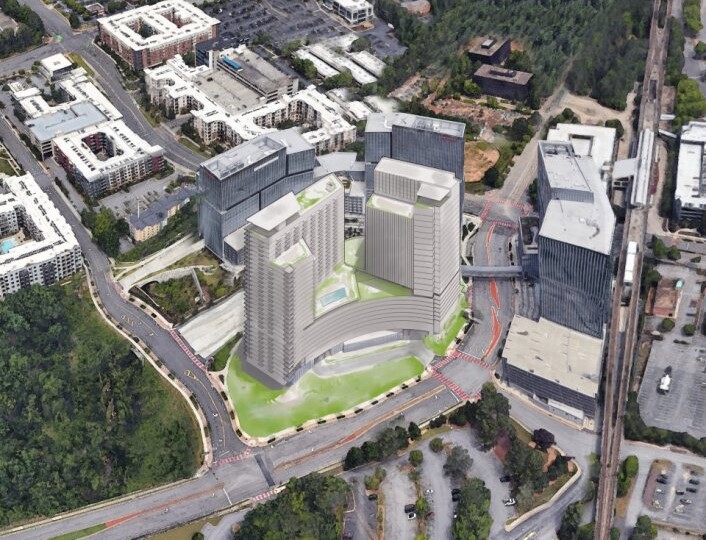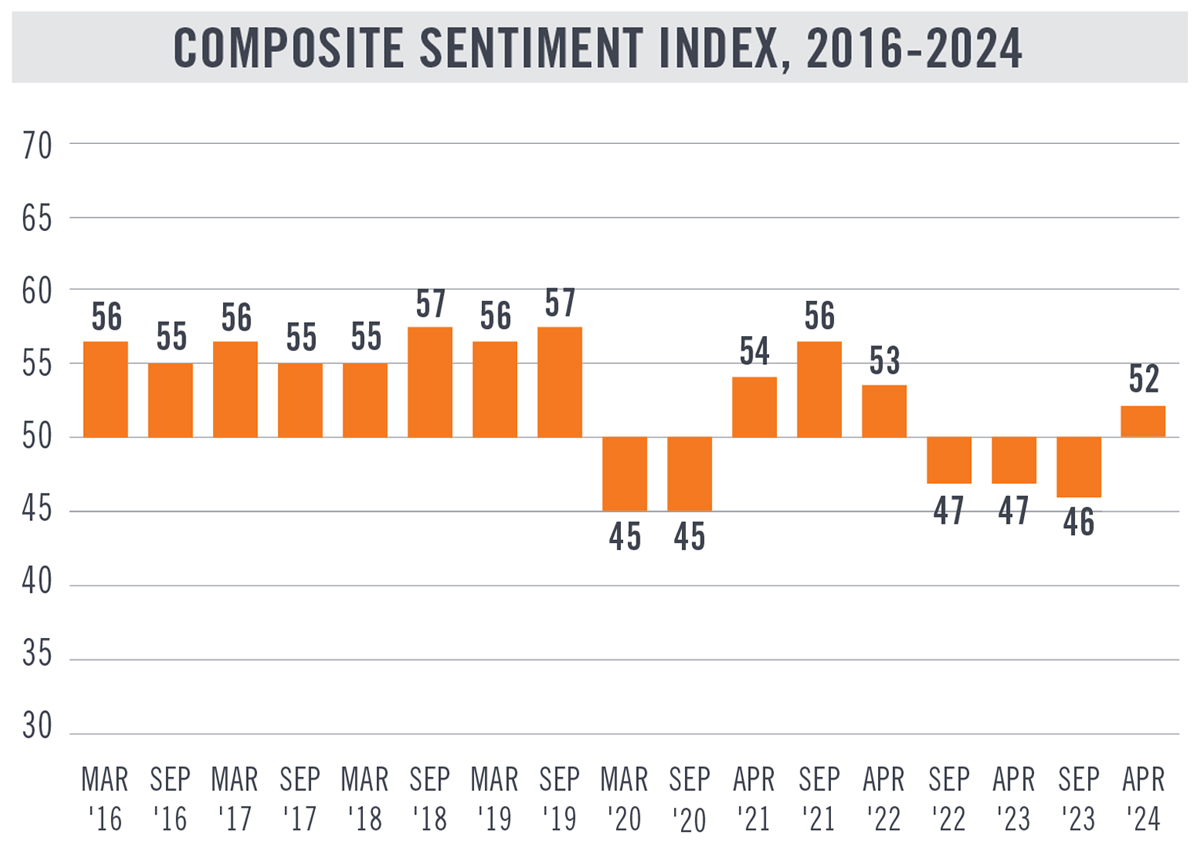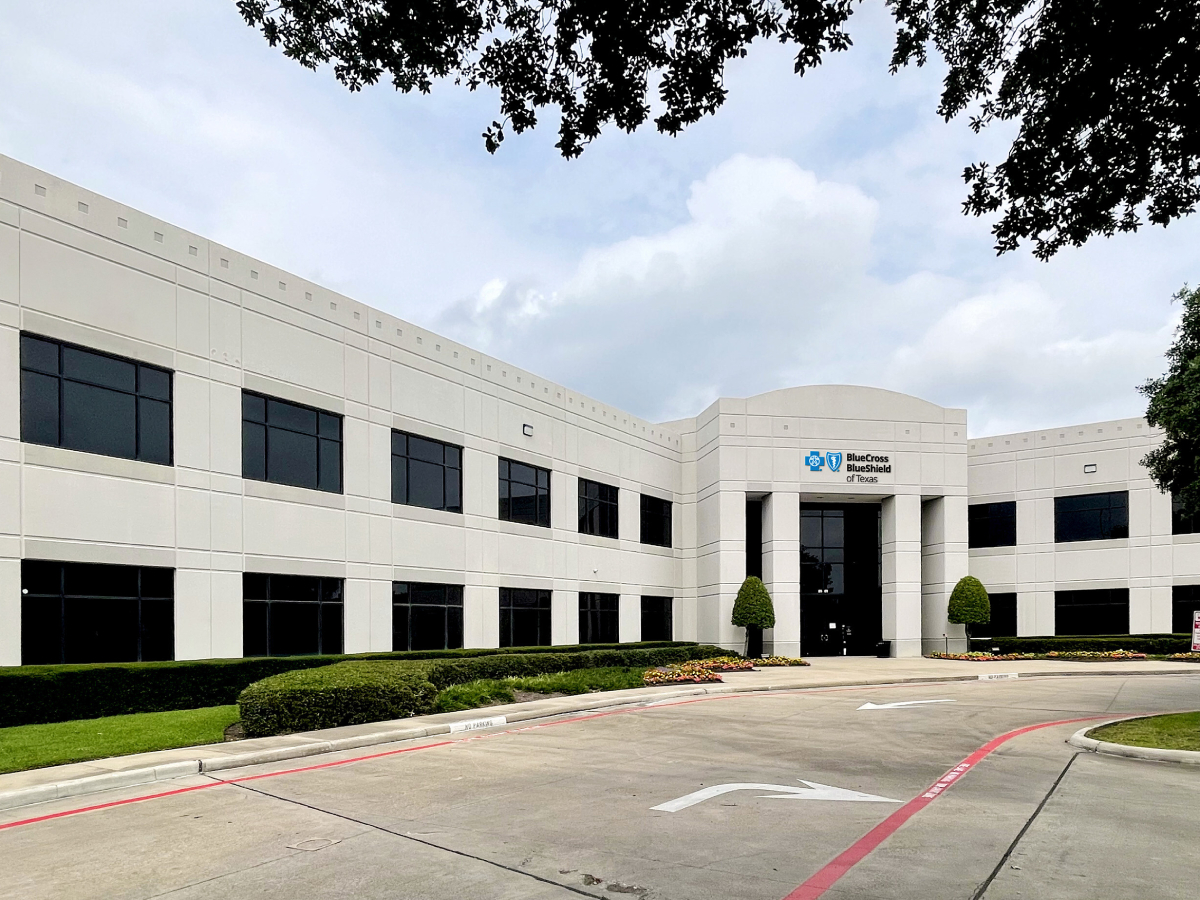JLL Secures $160M Financing for 1 MSF Downtown L.A. High-Rise
Downtown Los Angeles is seeing some action, as One California Plaza, a 995,000-square-foot office building, has been refinanced for up to $160 million in a deal secured by Jones Lang LaSalle.
July 11, 2011
By Barbra Murray, Contributing Editor
Downtown Los Angeles is finally getting into some capital-markets action, as One California Plaza, a 995,000 square-foot office building, has been refinanced for up to $160 million. Charter Hall Office REIT and MPG Office Trust Inc., owners of the premier 42-story tower, relied on commercial real estate services firm Jones Lang LaSalle to secure the debt facility, which was provided by an unidentified, major U.S. lending institution.
Designed by Arthur Erickson Architects, the 26-year-old glass tower at 300 S. Grand Ave. in the heart of the historic Bunker Hill district is part of the 11.5-acre California Plaza, a mixed-use complex that also features Two California Plaza, the Museum of Contemporary Art, restaurant and retail offerings and a 1.5-acre water pool. The property was purchased in 2006 for $325 million; Charter Hall is the lead owner, with an 80 percent stake in the asset.
Financing for One California Plaza came in the form of a five-year, fixed- and floating-rate loan facility consisting of a $140 million mortgage loan with an additional mortgage loan of up to $20 million.
Given its trophy status and a stellar tenant roster, One California Plaza caught the eye of many investors. Its location certainly did not hurt either. “Los Angeles is a core market that attracts significant attention from lenders, both domestic and foreign,” Mathew Comfort, executive vice president with JLL’s Capital Markets group, noted in a prepared statement. “With more than 32.1 million square feet of total office space, Los Angeles is experiencing increasingly strong fundamentals.”
While the credit market remains quite frosty toward some assets, it has warmed up to others. “It’s very healthy for institutional quality properties that have long-term income leases in place with quality tenants,” Dan Fasulo, director with global commercial real estate research and consulting firm Real Capital Analytics, told Commercial Property Executive. “Competition in primary markets has gotten overheated and some lenders are saying they can’t compete in places like New York City, Washington, D.C. and Los Angeles so they’re going to secondary markets.”








You must be logged in to post a comment.